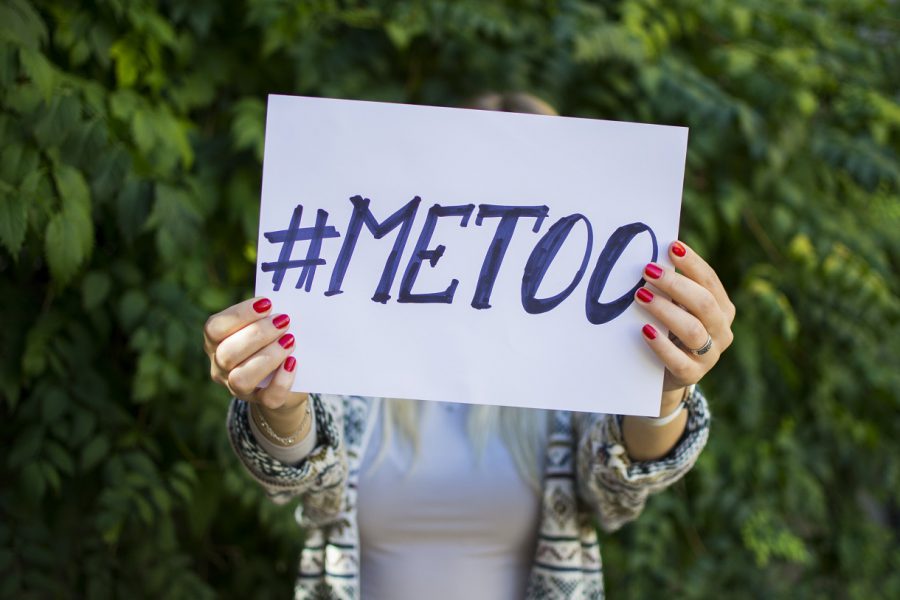 Submitted by Darian Towner, House of Hope prevention specialist
Submitted by Darian Towner, House of Hope prevention specialist
It would have proved difficult over the past few months to go without any knowledge of the #MeToo or Time’s Up movements many celebrities brought attention to at various awards shows and events. Each shares a commonality, the same end goal, which is to bring awareness to women’s rights and end the injustices that have been taking place against women.
March is Women’s History Month, which provides a wonderful platform for discussions of these movements. As we celebrate the amazing women from our tribes, states, countries and personal lives, we must also acknowledge that domestic violence, sexual assault and stalking are not just women’s issues, but issues for all.
While celebrities have a much larger public platform when supporting issues, such as choosing to wear all black in solidarity at awards shows, or donning white roses and Times Up buttons on their suit jackets, there are several things we too can do in our daily lives to spark change.
To begin, we can stop victim blaming. Victim blaming is the attitude which suggests that the victim, rather than the perpetrator, bears responsibility for the assault. This is the leading reason why domestic violence and sexual assault victims do not come forward to seek help.
If we are honest with ourselves, many of us are guilty of doing this from time to time. Asking questions such as “Well, what was she wearing?” and “Why doesn’t she just leave?” Or believing that an individual’s flirtatious behavior or history of consensual encounters contributes to rape or abuse, constitutes victim blaming.
We can also choose to talk about these sometimes controversial and uncomfortable topics and, specifically, choose to talk to the youth in our lives about consent, respect and healthy relationships. In acknowledging these events, we break the silence around them, and we can pave the way for a future free of violence.
Lastly, we need to recognize that there are various types of abuse, including physical, emotional and verbal, sexual and financial, and that no single form is greater than the other. By recognizing that abuse does not always look like a black eye, we can more easily identify those around us that might be in an unhealthy or abusive relationship. Understanding that men can also be victims of these horrific crimes is essential in causing significant change to take place in our society.
Even one man or woman being abused or taken advantage of is too many.
As always, if you or someone you know is experiencing intimate partner violence, sexual assault or stalking and would like more information, please contact House of Hope at 405-878-4673 or visit us online at facebook.com/cpnhouseofhope.
Learn more about Women’s History Month
womenshistorymonth.gov
Citizen Potawatomi Nation House of Hope
cpnhouseofhope.com
